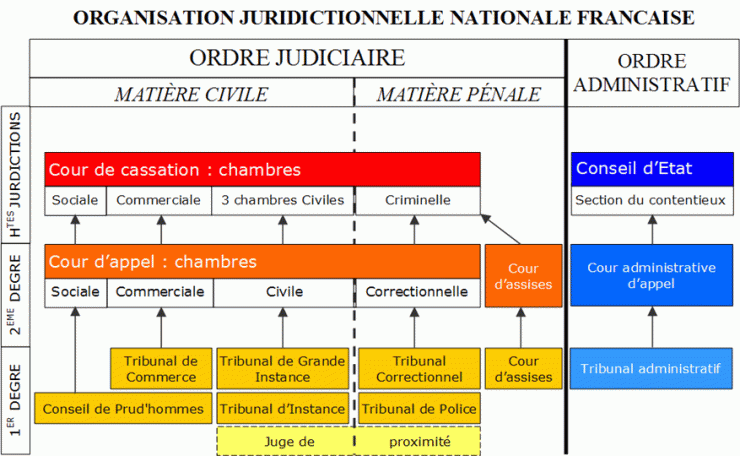How can you run a city when people who voted for you don’t exist? Ask Jean Tiberi. The former mayor of Paris lost yesterday his long legal battle, which lasted more than 15 years. The Court of Cassation rejected yesterday Tiberi and his wife’s appeal, along with Anne-Marie Affret, who was senior deputy mayor at the time. This decision validates the one pronounced by the Court of Appeal in 2013.
The story goes back to 1997. During the general election, the Canard Enchainé discovers that 800 voters who elected Jean Tiberi mayor of Paris 2 years ago, we’re fake, or lived at fictitious addresses and so on. People accepted to be registered at those fake addresses in exchange of good favors, social housing or even jobs. The two candidates who opposed Tiberi during the 1995 election, Yves Contassot and Lyne Cohen-Solal, decided to sue the mayor, and the long judiciary battle started.
It took 3 years for the first report to come out. More than 3000 “ghost” voters had been found by the investigators. This report is published right before the local election, and create a disastrous climate for the right wing in Paris. Refusing to step out of the election, Tiberi ran against another candidate from his side, Philippe Séguin. In the end, Bertrand Delanoé, the socialist candidate, took advantage of the situation, and ended a 24 years reign of the right in the capital.
Indicted in 2005, Tiberi, his wife and 9 other people finally face criminal court in 2008, during another local election. This didn’t bother him to get elected in the 5th arrondissement though. Some spoke of 7000 fake voters at this time. But when the trial opens in 2009, only 200 are retained by the court.
10 months suspended prison sentence, three years of ineligibility and a 10,000€ fine for Jean. 9 months suspended prison sentence, and 5,000€ fine for Xavière. The Tiberi are condemned, after 12 years.
But the show must go on. So the couple decided to appeal the decision, and at the same time to ask the Conseil Constitutionnel about the really long delay of judgment. Luckily for the Tiberis, this delayed the decision by the Court of Appeal in 2013. Which they also appealed. Or they tried.
In the French judiciary system there are four senior adjudicatory bodies. The Court of Cassation takes care of civil and judicial matters, and is the last court of appeal. And of course, the Tiberis tried to use that last chance. The Court did not judge them again though. It only examined if the procedure was not flawed in previous courts. It wasn’t.
So in the end, why am I talking about this case ? Because I think it’s a great example of how french justice can work. By that, I mean “slowly”, but also efficiently. It has been described as a “never-ending” trial. It’s also a good way of understanding how the appeal process works in France. What’s next? Well, the Tiberis decided to take the case in front of the European Court of Human Rights. Can they do that? Yep, totally. Cause of the subsidiarity principle, in Europe, when you run out of judicial remedies inside your country, you can take your case to a european level. The ECHR was established with the European Convention on Human Rights in 1959 and answer to that principle. Part of the Council Of Europe, it shouldn’t be mistaken for the European Union law, judged by the Court of Justice of the European Union. I know, it’s complex. The only thing you have to know is that the Tiberis can do that. And we haven’t heard the last of this case yet.
The Tiberis were first judged by a tribunal correctionnel.
Credits : Richard Ying

This picture is licensed under a Creative Commons Attribution-NonCommercial-NoDerivs 2.0 Generic License.


Leave a comment